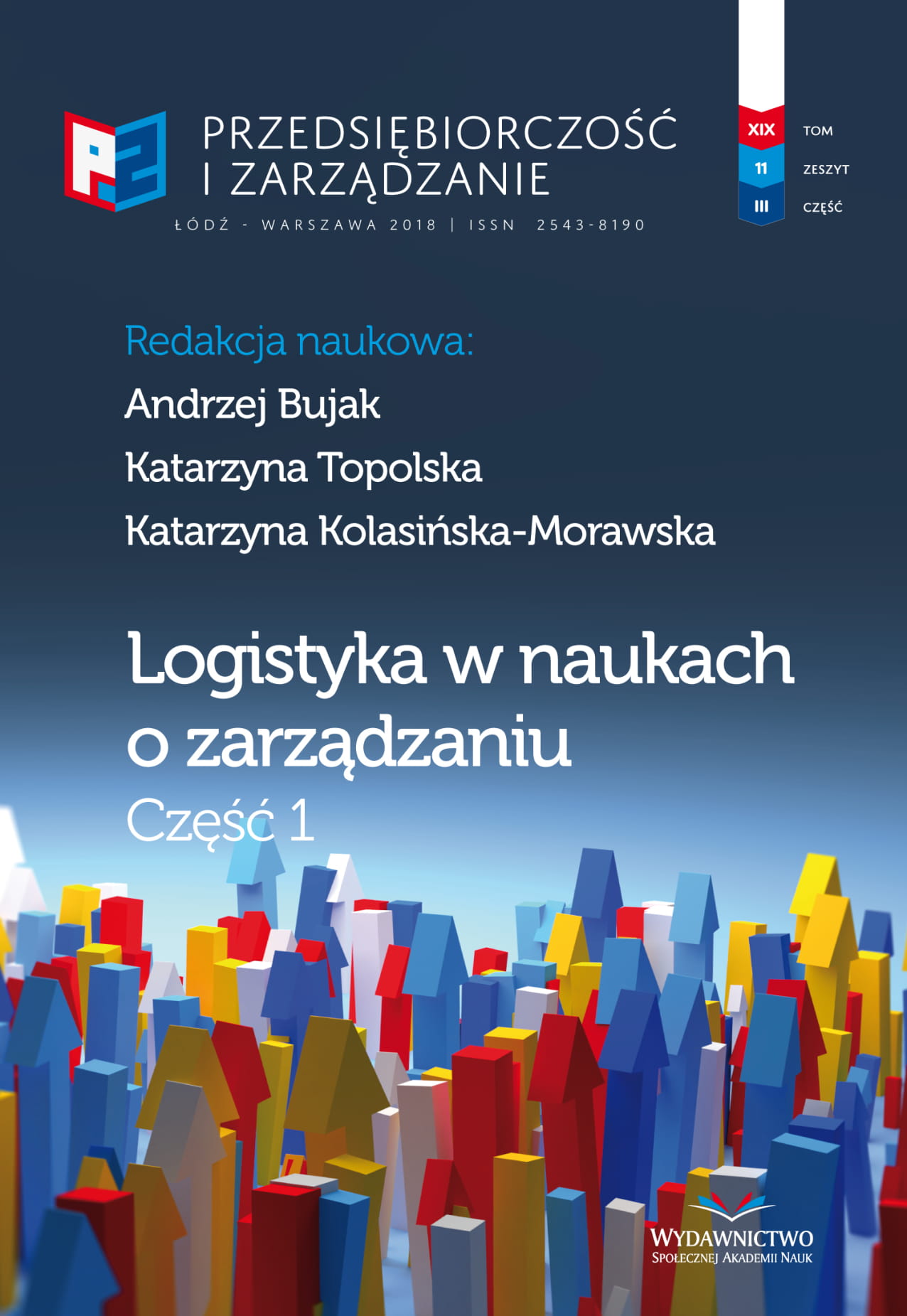Analiza kosztów i korzyści jako jeden z obowiązków
implementacji ustawy o elektromobilności i paliwach
alternatywnych w komunikacji miejskiej w Polsce
Cost-Benefit Analysis as One of the Obligations in Order
to Implement the Act on Electromobility and Alternative Fuels
in Public Transport in Poland
Author(s): Urszula MotowidlakSubject(s): Economy, Business Economy / Management, Transport / Logistics
Published by: Społeczna Akademia Nauk
Keywords: : low-emissiopublic transport; electromobility; alternative fuels; cost-benefit analysis
Summary/Abstract: The article presents statutory tasks and duties of local government units in the development of low and zero-emission public transport. The act on electromobility and alternative fuels, enacted on 11 January 2018, regulates the legal space for the construction and management of alternative fuels infrastructure, and at the same time imposes a number ofobligations on individual state, local government and private entities related to the development of this market. It also affects the issue of collective public transport. As a consequence,one of the direct obligations of municipalities, that have a population of over 50,000 citizens,is the development of low and zero-emission public transport. The statutory manner of achieving this objective requires a cost-benefit analysis of planned investment projects related to the use of zero-emission buses and other low-emission means of transport.The purpose of the article is to define the principles and assumptions as well as coherent approach to the cost-benefit analysis in order to ensure comparability and consistency for the planned zero and low-emission infrastructure projects in the public transport sector in Poland. The statutory obligation to prepare a cost-benefit analysis is presented in theoretical and practical terms. The conducted analysis confirmed this paper’s thesis that the implementation of potential infrastructure projects concerning the implementation of low-emission solutions in public transport has a significant impact on increasing the pace of transition to the low-emission circular economy model.
Journal: Przedsiębiorczość i Zarządzanie
- Issue Year: 19/2018
- Issue No: 11.3
- Page Range: 351-361
- Page Count: 11
- Language: Polish

